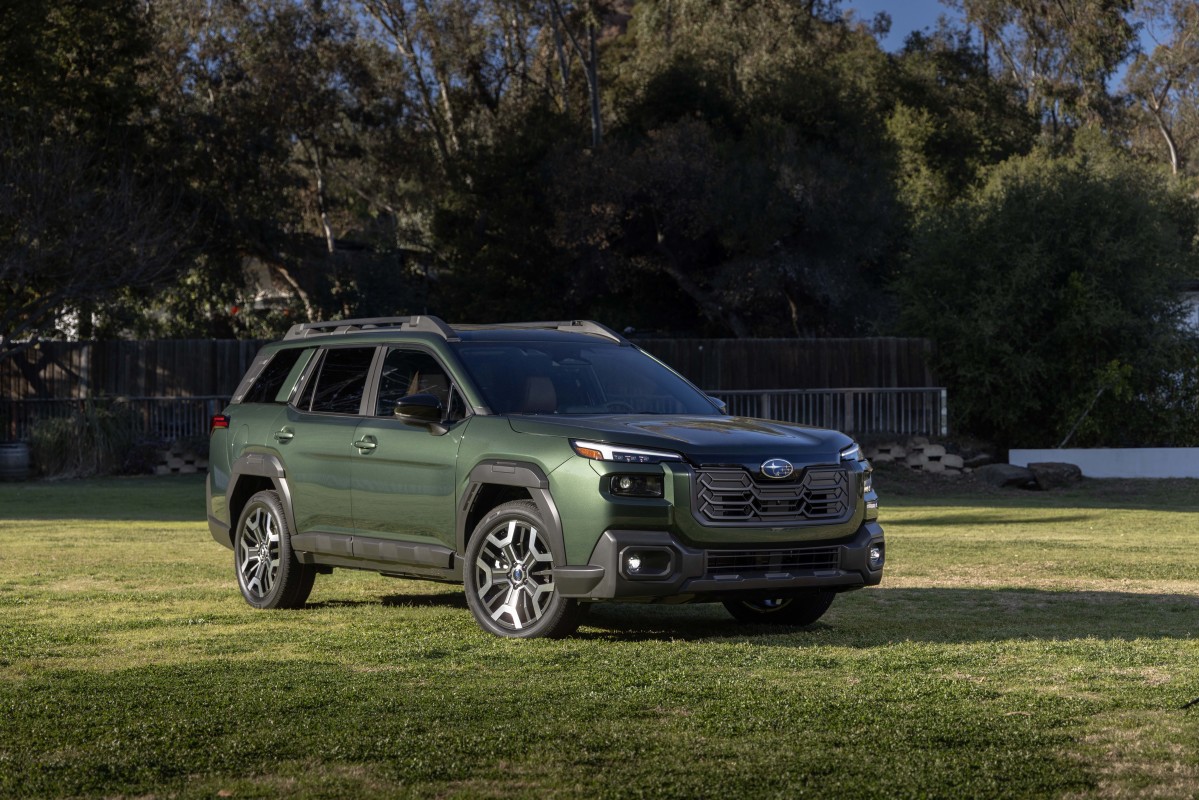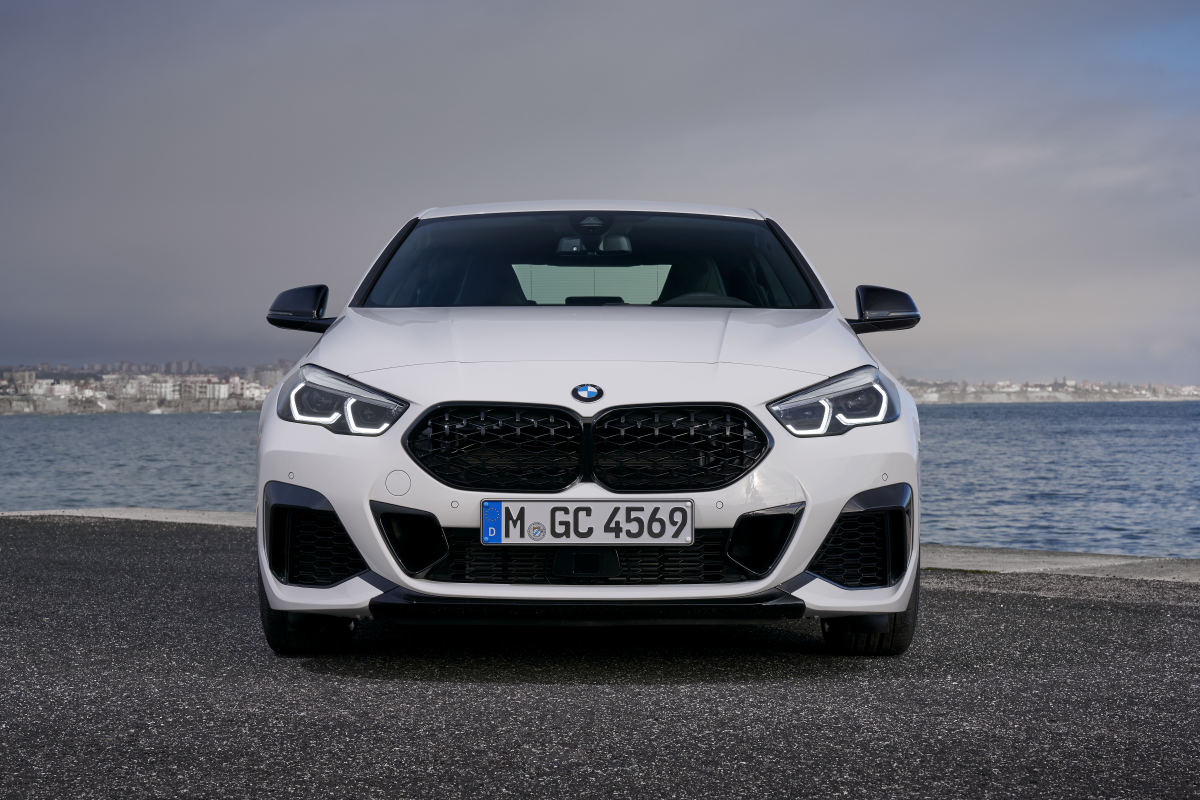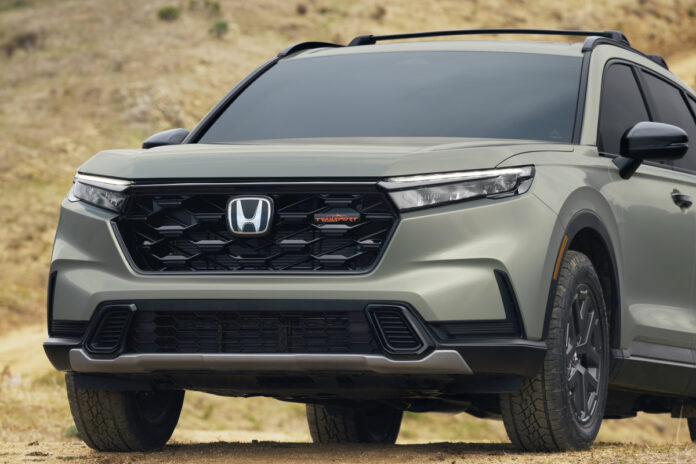It seems the same model used for the iPhone may be attractive to drivers, too
A new study suggests drivers are increasingly open to a subscription model for their next vehicle, which would upend car ownership. Rather than purchasing, financing, or leasing a car, drivers have become curious about the scheme many use to get a new phone every 12 to 24 months. Almost half of the respondents say that if tariffs increase car prices dramatically, they would explore the option diligently.
The concept is nothing new; a car subscription model has been floated several times, most often by Silicon Valley startups looking to “disrupt” car ownership. Other models, like Zipcar, a subsidiary of car rental company Avis, allow drivers to share their vehicles with those who don’t own vehicles for a nominal rental fee.
Honda
Almost 60 percent of drivers are open to a car subscription service
Extreme Terrain notes that “nearly one in two Americans” are open to a car subscription model instead of buying or leasing their next vehicle. Another ten percent are interested only if insurance and vehicle maintenance are included. Forty-six percent are “more likely” to explore a car subscription if tariffs cause vehicle prices to spike.
Automakers may be to blame for this, too. Twenty-two percent of drivers are fatigued by the ever-expanding required subscriptions for things like navigation, in-car WiFi, and remote start, and feel that a subscription that includes the car is a better choice. Twenty percent say they’d be willing to pay “over $600 per month” for a subscription, too. Almost 75 percent of respondents say the lack of a long-term financial commitment makes a vehicle subscription attractive, with two-thirds saying they’d want the option to cancel at any time. Over half (58 percent) say the ability to swap vehicles based on need interests them.

Subaru
Toyota (57 percent) and Honda (50 percent) are the brands most respondents are interested in, with Subaru a distant third (31 percent). BMW, Lexus, Hyundai, Nissan, Audi, Ford, Jeep, Mercedez-Benz, General Motors, Kia, Mazda, and Volkswagen all rank between 20 and 27 percent. Unsurprisingly, the car company most often associated with disruption and technology-over-tradition, Tesla, ranked dead last – but did rank highest amongst Gen Z and Millennial respondents.
Thirty-six percent of respondents want an ICE vehicle, while 28 percent would prefer a hybrid. Twenty-two percent had no preference, and only 14 percent said they’d want an electric vehicle via subscription. Gen X was most interested in ICE vehicles (47 percent), while baby boomers (41 percent) and Gen Z (33 percent) were most interested in hybrids.
Why a subscription wouldn’t work
Succinctly, people are viewing the vehicle subscription as a monthly fee to rent a car with more benefits. Though most say they’d pay $600 per month for an all-in subscription, many (20 percent) also say they’d want to switch vehicles every six months. Respondents also noted they wanted to be able to change vehicles at any time based on need. This sounds like a flat fee for long-term rentals with the ability to swap your vehicle out anytime.
Three percent would want to swap vehicles monthly, and 36 percent would be happy to subscribe to the same vehicle for a full year. Thirty-one percent say they’d be happy keeping the same car indefinitely via a subscription. Only 26 percent of respondents said they would want access to luxury vehicles, suggesting they want a daily driver that costs about the same as a leased or financed vehicle without the responsibility.

BMW
Final thoughts
A car subscription is a novel concept, but it is untenable for whatever company owns the cars. Six hundred dollars per month is $20 per day, and for a “daily driver” vehicle like a RAV4, which currently rents for double that amount via Avis for a 30-day rental period, that cost doesn’t make much sense. A subscription model might work for entry-level vehicles, but it’s hard to see how it would actually work for most drivers or the company that owns the vehicles.
